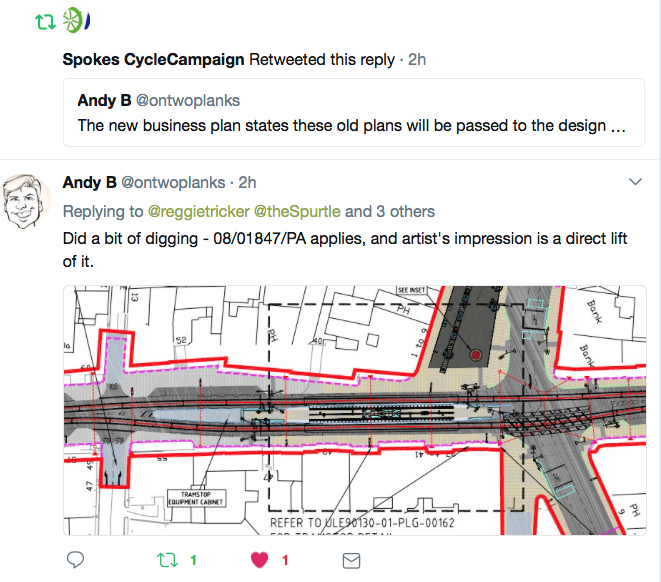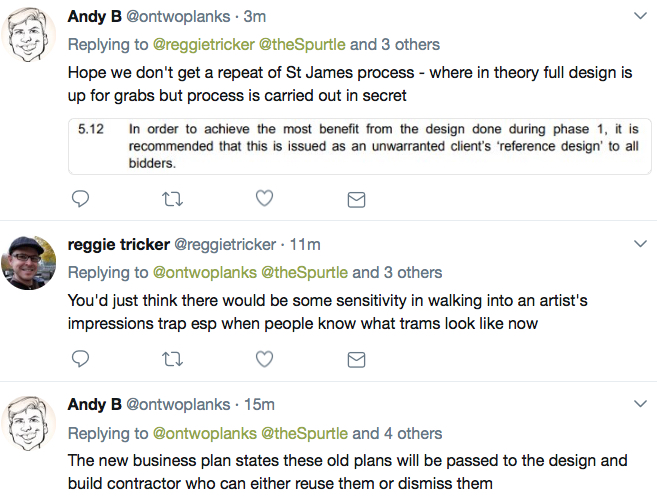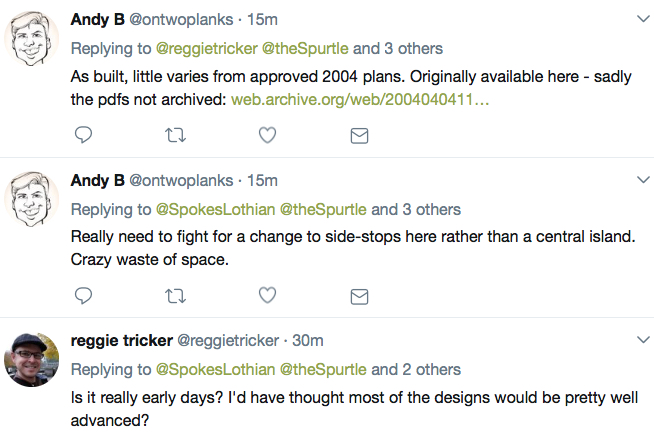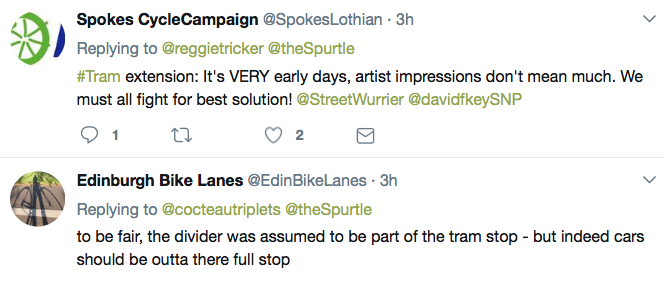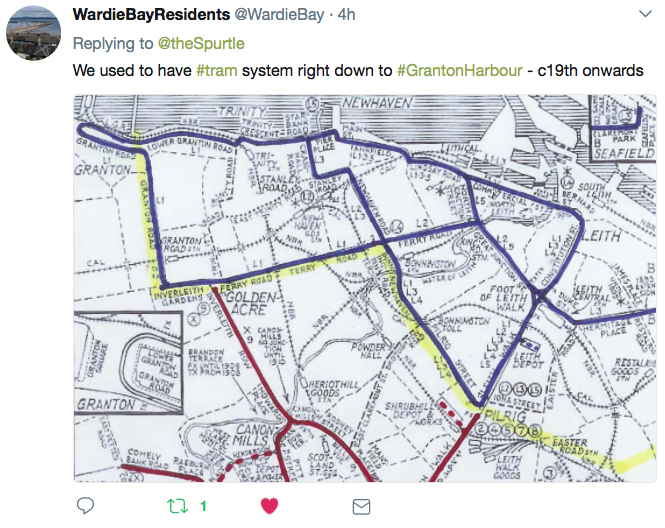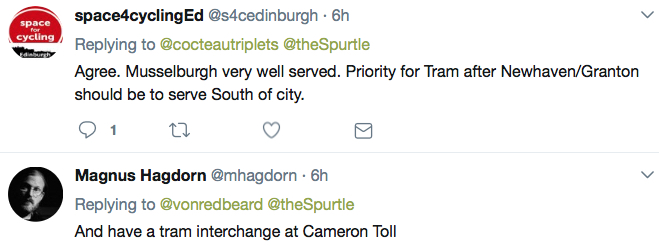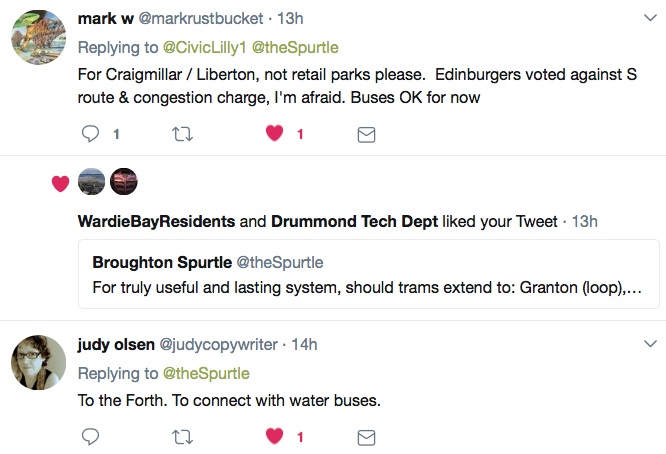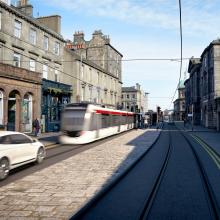
FINAL DECISION IN NOVEMBER 2018
The outline business case (OBC) for extending the tramlines by 4.6km from York Place to Newhaven can now be read online.
It looks at benefits, impacts and likely timescales. It is appended to a separate report (see foot of page) that will be discussed in a special Transport and Environment Committee meeting on 4 September.
The report seeks consent for finding a potential contractor. A vote on that will be taken by the Full Council on 21 September. A final decision on whether or not to go ahead with extending the trams will be taken in November next year.
Capital costs for the three-year project are estimated at £165.2 million, generating an economic return of £1.64 for every pound spent.
Council Leader Adam McVey says extending the trams would ease Edinburgh’s increasingly congested roads and boost development along the route.
Transport Convener Cllr Lesley Macinnes says the Council won’t go ahead with the extension unless absolutely sure the project can be ‘delivered, financed and managed effectively’.
A Council press release this morning summarises the OBC’s key points as follows:
Rapid population and economic growth
- Over the next decade, Edinburgh and surrounding area expected to be home to faster growing population than anywhere else in Scotland. National Records of Scotland projections published in 2016 suggest city should be planning for an additional 47,000 people by 2024 and additional 102,000 by 2039 (20% increase).
- Number of households forecast to increase by over 38,000 (16%) by 2032. A quarter (25%) of this growth is forecast to occur in Leith Docks and Western Harbour area.
- Employment levels in Edinburgh are projected to grow by 7.6% between 2013 and 2022.
Costs and benefits
- Capital Cost estimated at £165.2m, including risk and inflation.
- Patronage forecast to almost double in opening year to 14m, reflecting high population densities along the route.
- For every £1 spent the economic return to the city is £1.64.
- OBC includes wider economic benefits, including social inclusion, and completing the line will provide access to jobs and support business and opportunities in the area.
Construction work to take three years
- Estimated three-year construction period, including 18 months on Leith Walk, followed by approx four months of testing and commissioning on new line.
- Significant proportion of major utility works have already been carried out – remainder carried out in conjunction with main infrastructure works, meaning no ‘double dig’.
Carefully planned traffic management
- Diversions, road closures, access and crossing points thoroughly planned and modelled.
- All key stakeholders, including residents, businesses, emergency services and Lothian Buses will be consulted on the traffic proposals set out in the OBC.
Support for businesses
- Customer and service access to local businesses maintained at all times.
- Compensation and support scheme for affected businesses along the route put in place.
- Logistic centres and dedicated crossing points provided at 150-200m centres on Leith Walk.
- Logistics officers deployed throughout the day to help businesses with deliveries.
Lessons learned
- OBC recommends industry-standard contract with rigorous project governance.
- Traffic management would give contractor expanded sites and provide flexibility if problems encountered.
- Project would benefit from industry networking with other cities (Manchester, Birmingham, Dublin) to ensure best practice.
- Consultation with the market and incorporating input from Tram Inquiry.
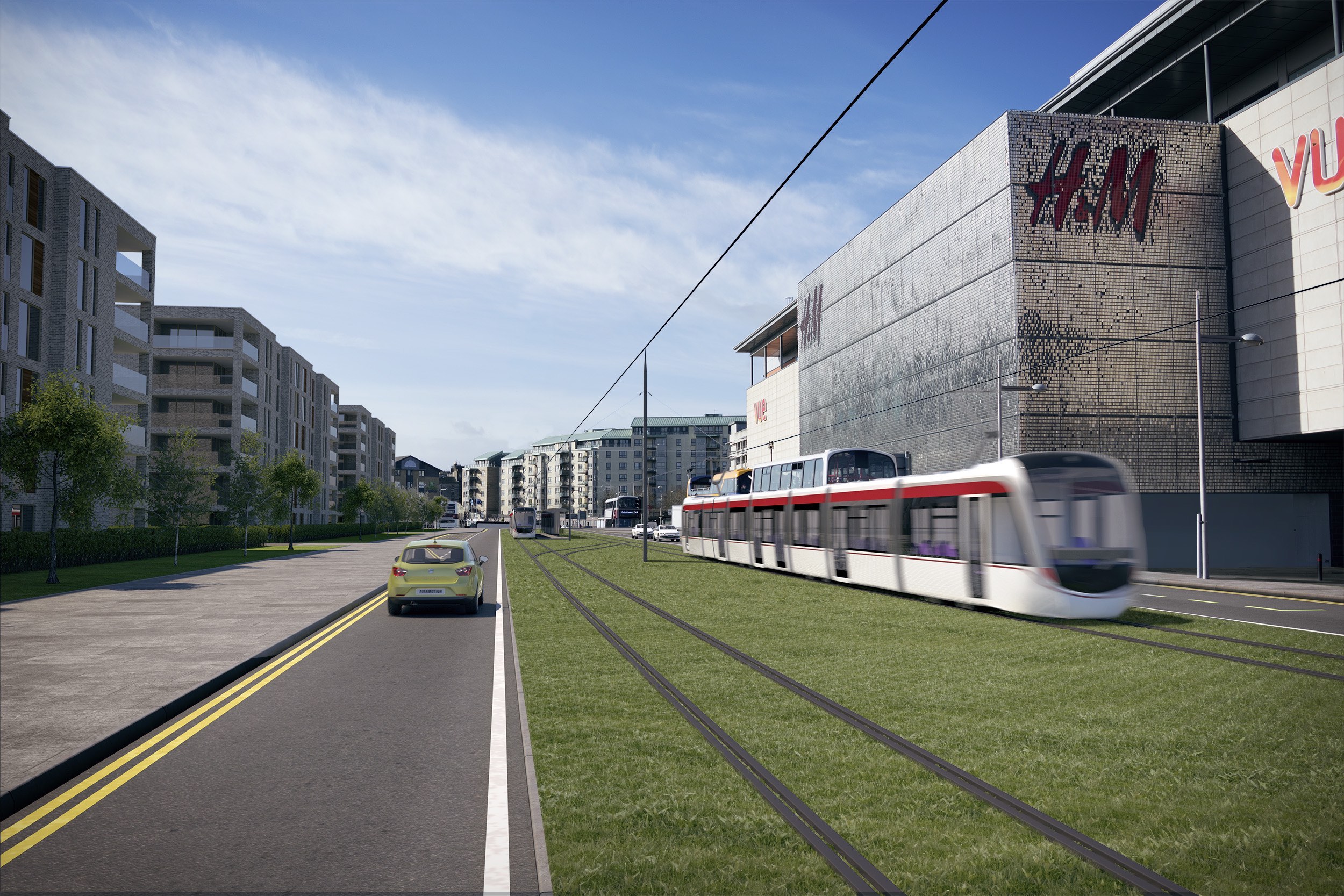
[The CGI impressions above show Bernard Street and Ocean Terminal in a future one-party state governed by Leithers Don't Litter.]
-------------------
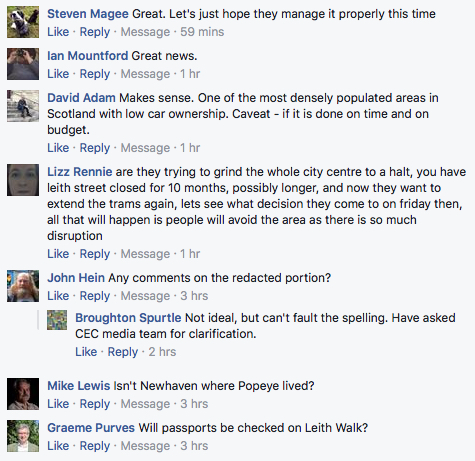



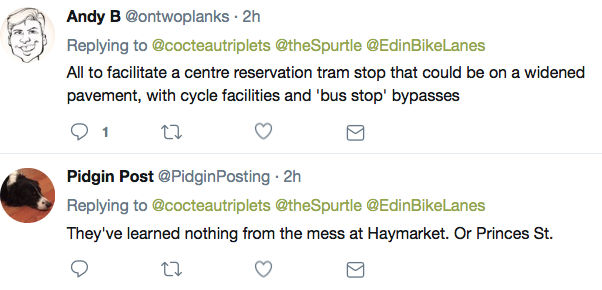




From here down, tweets are in reverse order starting from most recent and working backward into the mists of Tuesday night.
